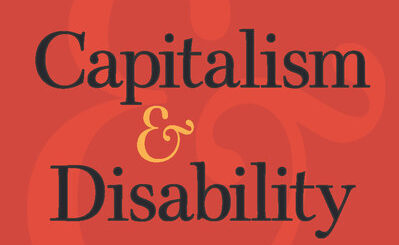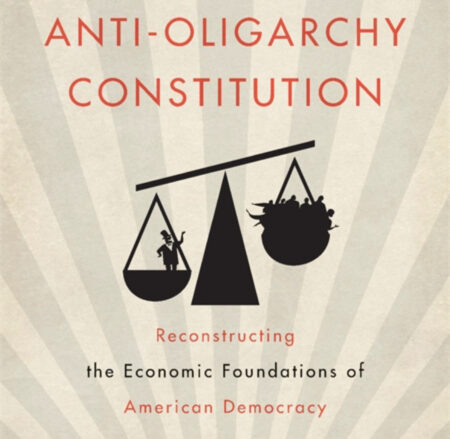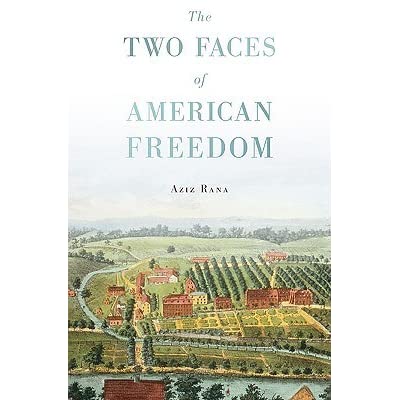
Capitalism & Disability: A Symposium on the Work of Marta Russell
The modern disability rights movement has been primarily oriented around seeking labor inclusion through the expansion of civil rights statutes. Despite this, few disability theorists have approached the study of disability from an explicitly political economic perspective. Marta Russell, the author of several groundbreaking but lesser-known works on disability and capitalism, is one of the rare exceptions. This symposium celebrates her work and encourages the rediscovery of the political economy of disability.







